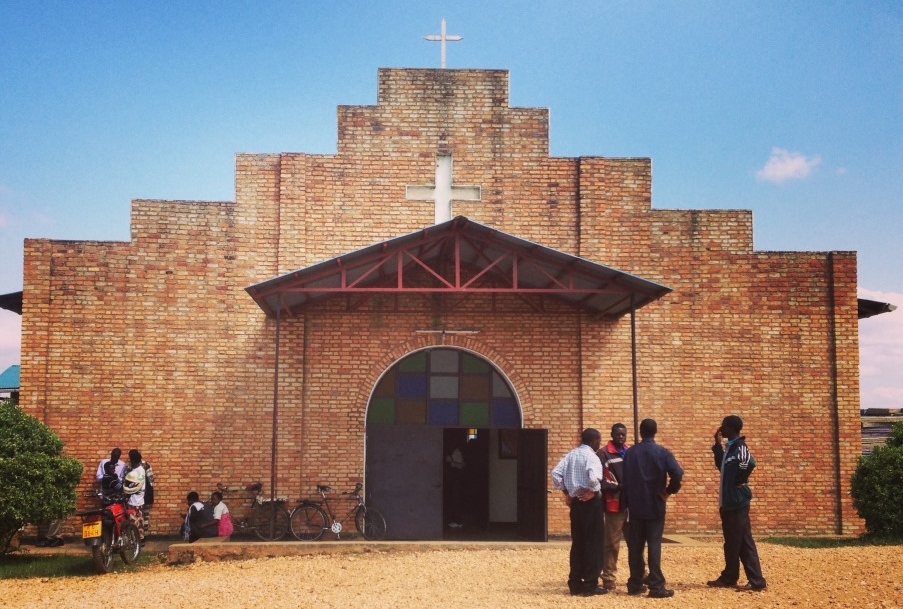Keeping Christ central
A weekly series from HOPE’s director of spiritual integration
It happens all the time. I have the privilege of meeting someone new, and some version of the following conversation occurs.
Me: “Hi, my name is Matthew.”
New Friend: “Hi, Matthew, my name is _______________.” Various types of small talk take place, inevitably leading to: “What do you do for a living?”
Me: “I serve as director of spiritual integration at HOPE International.”
New Friend: Brow furrows, eyes begin to squint, and head tilts a few degrees to the left (I’m not sure why it’s usually left). “Um, so what does that actually mean?”
With few exceptions, introducing the concept of spiritual integration (S.I.) at HOPE to someone new to the organization elicits both confusion and curiosity. This is understandable, since “spiritual integration” is not a department or function in most organizations. Additionally, our western culture naturally divides life into sacred vs. secular activities or physical vs. spiritual realities. This makes the idea of spiritual integration somewhat foreign and potentially counter-intuitive.
From our inception in 1997, HOPE International has been committed to pursuing Christ-centeredness in everything we do. This means that the Good News of Jesus Christ is central to our mission, method, and motivation. It also means that we seek to be Christ-centered in every interaction with fellow staff members, supporters, and the communities we serve. Though our commitment to Christ has not changed since our earliest days, our approach to S.I. has grown and adapted considerably as God has expanded both our microenterprise services and our geographic reach.
So it is my desire in this series of blog posts to explain what S.I. means at HOPE and describe some of the most important practical lessons we’ve been learning. The posts that will follow represent the hard work of many different people, as well as the results of trial and error and course corrections that the Lord has shown us along the way. We offer these ideas not because we feel that we have arrived or that the things God has shown us are a one-size-fits-all solution for other organizations or individuals.
We simply desire to proclaim how God has been gracious in guiding us through successes and failures and hope that these principles will be helpful to your efforts to integrate Christ into everything you do in your personal life, family, church, or organization.
















